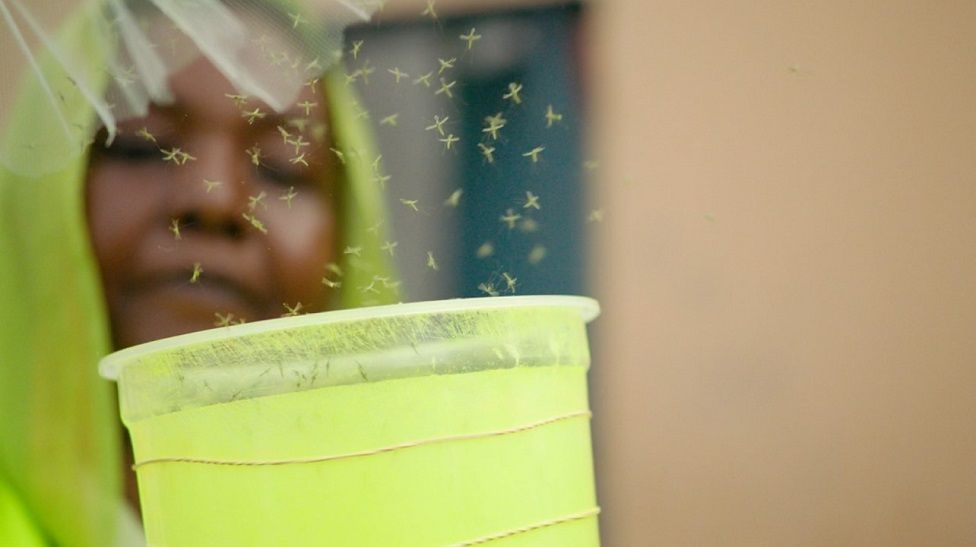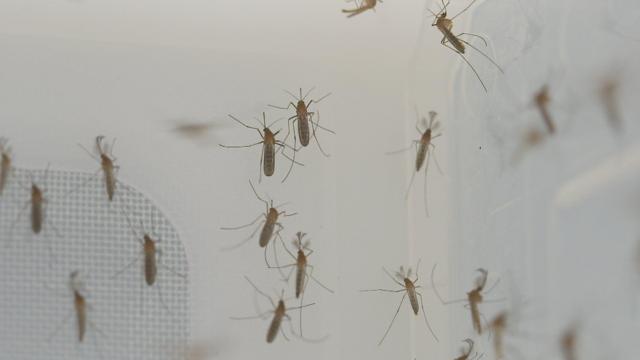
In an unprecedented move, tens of thousands of genetically modified (GMO) mosquitoes have been released in Djibouti as part of efforts to curb the spread of malaria.
Developed by UK-based biotechnology company Oxitec, these mosquitoes are engineered to carry a gene that targets and kills female offspring before they can mature, as only female mosquitoes transmit diseases like malaria.
This initiative marks the first time such GMO mosquitoes have been deployed in East Africa and the second time on the continent.
Similar successful projects have been carried out in Brazil, the Cayman Islands, Panama, and India, with over one billion GMO mosquitoes released globally since 2019.
The release of these friendly non-biting male Anopheles stephensi mosquitoes took place in Ambouli, Djibouti, in collaboration with the government and Association Mutualis, an NGO.
Oxitec’s CEO Grey Frandsen highlighted the importance of these modified mosquitoes, which mate with wild female mosquitoes without transmitting diseases.
Unlike previous sterile mosquito projects, these modified stephensi mosquitoes can still produce offspring, but only the male offspring survive due to the “self-limiting” gene.
This approach aims to halt the spread of Anopheles stephensi, an invasive and difficult-to-control mosquito species that has contributed to a resurgence of malaria cases in Djibouti and six other African countries.
Dr. Abdoulilah Ahmed Abdi, a health advisor, emphasized the urgency of reversing malaria transmission in Djibouti, where cases have surged in recent years.

The country’s small size and urban population make it an ideal testing ground for innovative anti-malaria strategies.
While GMO organisms have sparked debates, Oxitec stresses the safety and effectiveness of their approach, with no documented adverse environmental or health effects.
The focus remains on combatting malaria, a disease that disproportionately affects sub-Saharan Africa, claiming hundreds of thousands of lives annually.
If successful, larger trials and operational deployment of these modified mosquitoes will continue in Djibouti and potentially expand to other regions in the future.
Source-BBC





